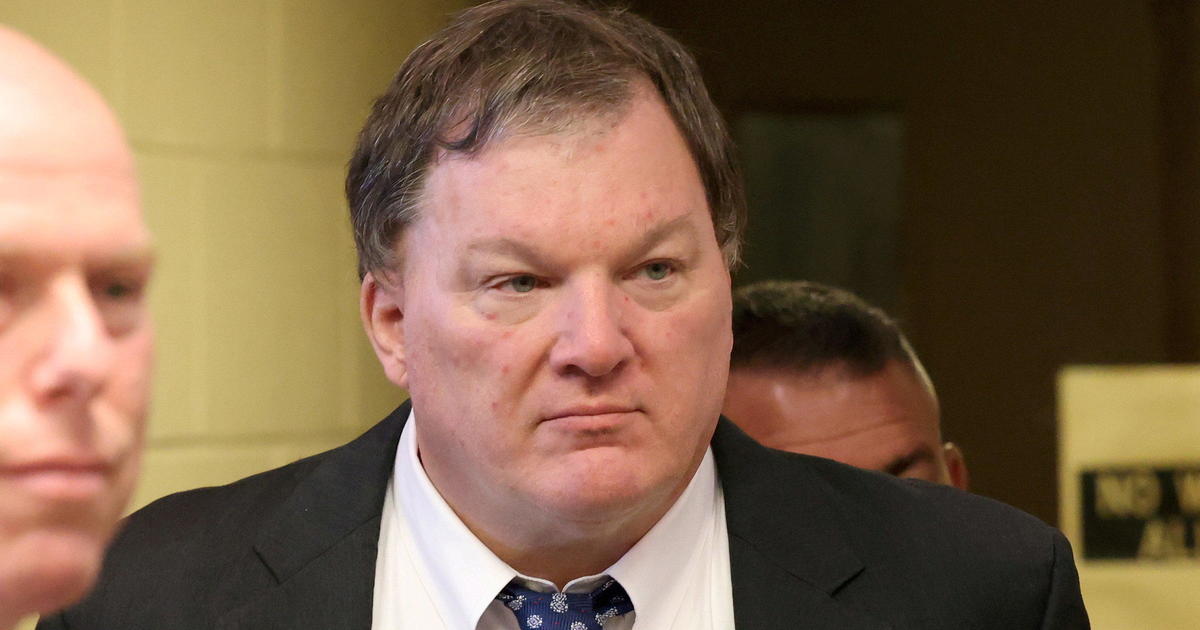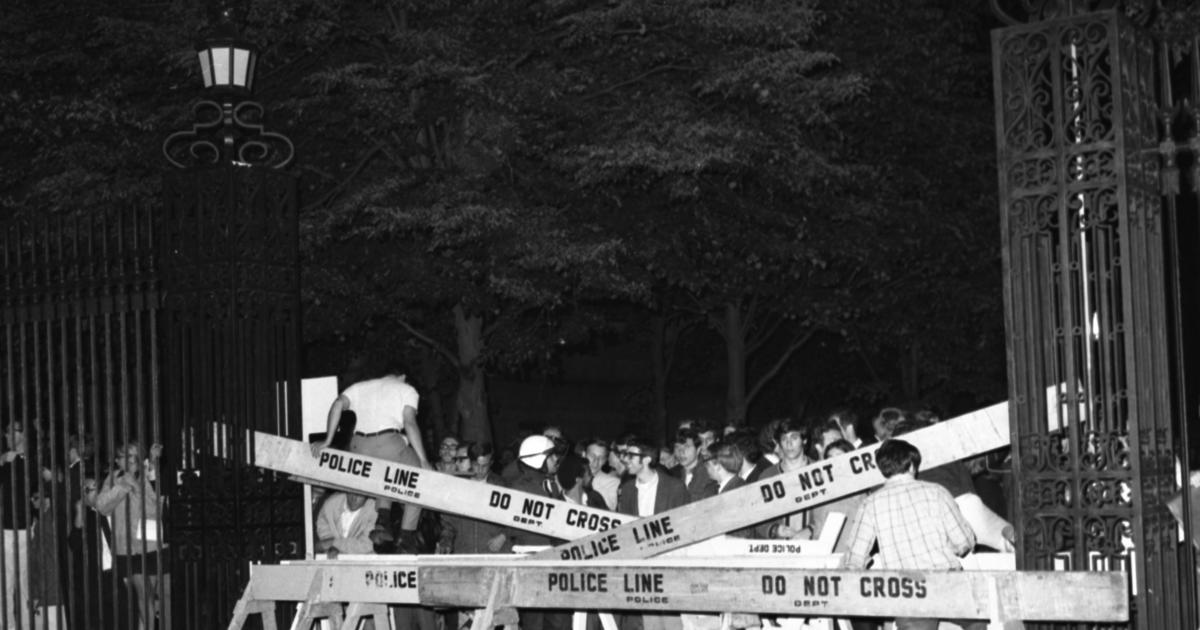Casey Kasem Dead At 82
LOS ANGELES (CBSNewYork/AP) -- The man behind one of the most iconic voices in radio history has died.
Casey Kasem, the internationally famous broadcaster with the cheerful manner and gentle voice who became the king of the top 40 countdown with a syndicated show that ran for decades, died Sunday morning, Danny Deraney, publicist for Kasem's daughter, Kerri, said. He was 82.
WEB EXTRA: 10 Things You Might Know About Casey Kasem
In recent years, Kasem was trapped in a feud between his three adult children and his second wife, former actress Jean Kasem. In 2013, his children filed a legal petition to gain control of his health care, alleging that Kasem was suffering from advanced Parkinson's disease and that his wife was isolating him from friends and family members. Kasem also suffered from Lewy Body Disease, a form of dementia.
A judge in May temporarily stripped his wife of her caretaker role after she moved him from a medical facility in Los Angeles to a friend's home in Washington state. Jean Kasem said she moved her husband to protect his privacy and to consult with doctors. Casey Kasem developed a severe bedsore while in Washington and was in critical condition by the time he was hospitalized in early June.
It was a sad, startling end for a man whose voice had entertained and informed music lovers worldwide.
As CBS News' Omar Villafranca reported Sunday evening, Kasem was one of the best-known radio and TV personalities in the country for nearly 40 years.
Kasem's "American Top 40" began on July 4, 1970, in Los Angeles, when the No. 1 song was Three Dog Night's cover of Randy Newman's "Mama Told Me Not to Come." The show expanded to hundreds of stations, including Armed Forces Radio, and continued in varying forms -- and for varying syndicators -- into the 21st century. He stepped down from "American Top 40" in 2004 and retired altogether in 2009, completing his musical journey with Shinedown's "Second Chance."
In his signoff, he would tell viewers: "And don't forget: keep your feet on the ground and keep reaching for the stars."
It was emblematic of his sentimental appeal in an otherwise raucous business. While many DJs convulsed their listeners with stunts and "morning zoo" snarkiness, Kasem would read "long distance dedications" of songs sent in by readers and introduce countdown records with sympathetic background anecdotes about the singers.
"The idea from the beginning was to do the type of thing on radio that Ed Sullivan did on television, good, honest stories with human interest," he told the Los Angeles Times in 1975.
Scott Shannon of WCBS-FM told WCBS 880 that Kasem was a pioneer.
"So many radio personalities grew up on Casey Kasem, and he was really the first person to do the style that he did. It was more of a storyteller than a DJ. He actually had information to give the audience, and to share with the listeners about the artist and the music that they loved on the radio," Shannon said.
Shannon said Kasem was a draw for anyone listening to the radio.
"His show was meticulously researched, and they had the long-distance dedication, which really pulled at the heartstrings. His style was like no one else's. It just stood out," Shannon said. "If he was on the radio, you knew who it was. If you were just going to down the dial catching a little bit of everything, you would just stop on Casey's voice because it was so unique."
Succeeding him at the main "American Top 40" show in 2004 was multiplatform star Ryan Seacrest, who has said he had been a fan of Kasem since boyhood and would imitate him in pretend countdown broadcasts at age 9.
Kasem's legacy reached well beyond music. His voice was heard in TV cartoons such as "Scooby-Doo" (he was Shaggy) and in numerous commercials.
"They are going to be playing Shaggy and Scooby-Doo for eons and eons," Kasem told The New York Times in 2004. "And they're going to forget Casey Kasem -- unless they happen to step on his star on the Hollywood Walk of Fame. I'll be one of those guys people say `Who's that?' about. And someone else will say, 'He's just some guy who used to be on the radio.'"
The son of Lebanese immigrants, Kasem was active in speaking out for greater understanding of Arab-Americans -- both on political issues involving the Mideast and on arts and media issues.
"Arab-Americans are coming out of the closet," Kasem told The Associated Press in 1990. "They are more outspoken now than ever before. People are beginning to realize who they really are, that they are not the people who yell and scream on their nightly newscast."
Kasem was born Kemal Amin Kasem in 1932 in Detroit. He began his broadcasting career in the radio club at Detroit's Northwestern High School and was soon a disc jockey on WJBK radio in Detroit, initially calling himself Kemal Kasem.
In a 1997 visit with high school students in Dearborn, Michigan, home to a large Arab-American community, he was asked why he changed his name to Casey.
"It didn't sound like a deejay; it wasn't hip. So we decided I'd be 'Casey at the Mike' -- and I have been since,'' Kasem said.
In the 1975 Los Angeles Times interview, he said he had been doing "a regular screaming DJ show'' in San Francisco in the early 1960s when his boss suggested he talk about the records instead.
He was unconvinced, since his screaming routine had brought him top ratings. But he said he had learned "after a particularly unpleasant situation in Buffalo never to argue with general managers."
You May Also Be Interested In These Stories
(TM and © Copyright 2014 CBS Radio Inc. and its relevant subsidiaries. CBS RADIO and EYE Logo TM and Copyright 2014 CBS Broadcasting Inc. Used under license. All Rights Reserved. This material may not be published, broadcast, rewritten, or redistributed. The Associated Press contributed to this report.)



